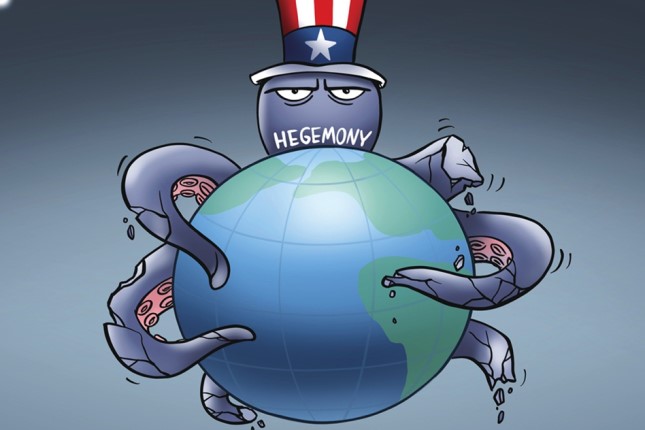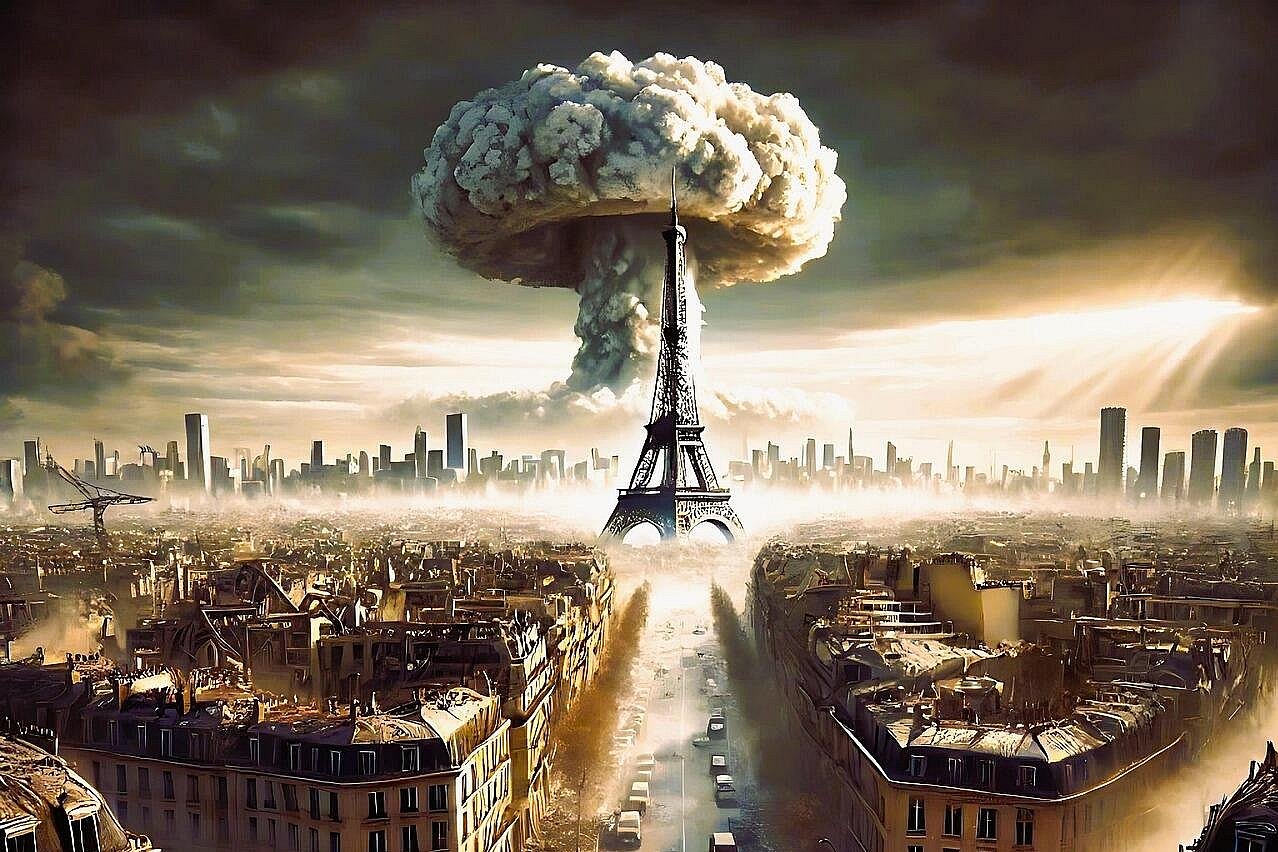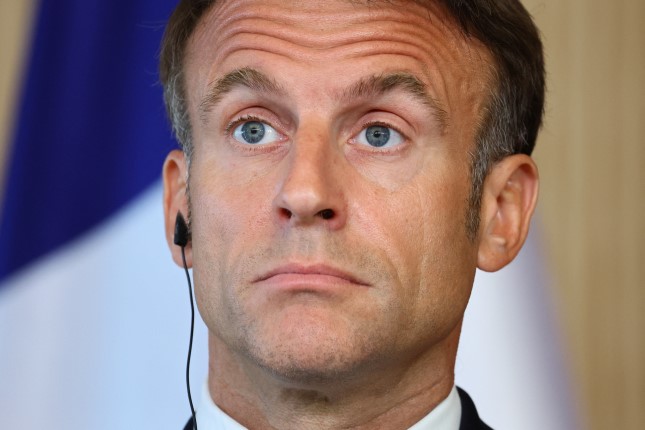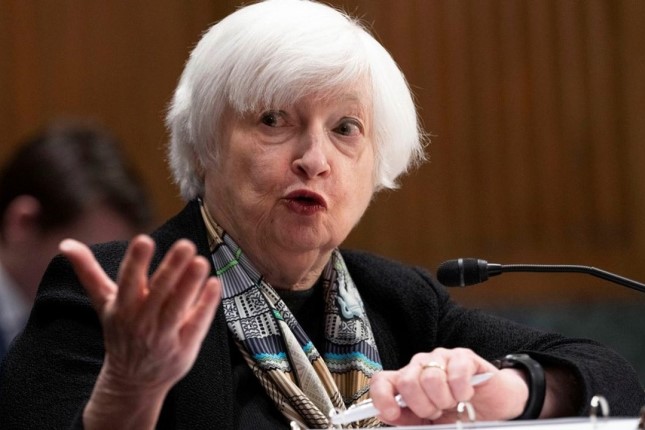A flicker of jealousy and panic has recently bubbled up in the headlines of mainstream US media reports. There are The Wall Street Journal's "How Beijing Boxed America Out of the South China Sea"; and The New York Times' "Iran-Saudi Pact Is Brokered by China, Leaving U.S. on Sidelines." Even Gordon G. Chang, who has been predicting a collapse of China for more than 20 years, has shifted his tone. On Tuesday, he published "China Is Pushing the U.S. Out of the Middle East" in Newsweek. It isn't clear whether he has sensed the irony - if a collapsing China can push the US out of a certain region, what kind of country the US would be?
When American media hypes the narrative of China squeezing the US out of a certain region, it sounds as if the South China Sea is next to California, and as if the Middle East is located next to Texas.
Regarding South China Sea, China is a regional country, while the US is half a world away. In terms of the Middle East. It is Washington that made the strategic decision to withdraw from the region in order to increase its presence in the Atlantic and Pacific fronts to counter Russia and China, Yang Xiyu, a senior research fellow at the China Institute of International Studies, told Global Times. Against this backdrop, how come the US blames China now for maintaining its long-existed equal and mutually beneficial cooperation with regional countries?
More importantly, the US has always cast a cold eye to peaceful development, failing to realize this is the desire of the vast majority of countries worldwide.
Take the South China Sea, China has been calling out loud for building the waters into sea of peace, friendship and cooperation. It has been proactively participating in the negotiation for the adoption of a code of conduct, while building trust, managing disagreements, and strengthening cooperation with other South China Sea countries.
At the same time, the US has been encircling China, expanding military bases in the Philippines, Australia, boosting defense cooperation with Japan, and increasing naval presence in disputed waters. "The US is turning the South China Sea into a strategic arena," Yang said.
The Middle East is even more so. Washington has divided the region into black and white, allies and archenemies. It has been constantly creating confrontations there, dropping bombs and attempting subversion at will. Middle Eastern countries have long been suffering from the destruction brought by the US. In contrast, they see a different vision from cooperation with China, which has brought the region with investment, infrastructure, special envoys to help mediate contradictions, and possibilities for enemies to shake hands. This is not one pushing out another. The US is simply reaping what it sowed.
Has anyone heard of a positive vision for the future laid out by the US in recent years? From Donald Trump to Joe Biden, their strategies are all focused on democracy vs autocracies. They have left an impression that tensions and conflicts are everyday bread for US diplomacy.
On the other hand, China has offered the Global Development Initiative and Global Security Initiative, which stress peace, cooperation and win-win. Guess which sides' vision is more likely to be welcomed as guidance for future world order.
China did not make the US' popularity decline, the US made itself decline.
The US feels sidelined and marginalized because it has deviated from the trend of the times, the wish of the majority of countries in the world, and stepped on the wrong side of history. If it wants to steer toward the right direction, it can totally come back to the center of the world stage again, Shen Yi, a professor at Fudan University, told the Global Times. The question is, would the US let go the old, outdated global order?
During the Global Times' Global Minds Roundtable on China-Australia Relations, held in early March, Bruce Haigh, a former Australian diplomat, said, China is being handed responsibility on a whole range of issues, whether it's reluctant to do so or whether it wants to do so, because the US is showing itself to be the irresponsible power and incapable of banking decisions that will benefit humanity broadly.
As a result, the world is wondering whether China is going to have to pick up the world leadership mantle. Whether the US likes it or not, the US did it to itself.
Source: The Global Times.
































